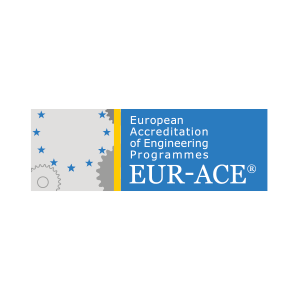Computer experiments & Stochastic Calculus with applications to PDE modeling
Description
Objectifs
At the end of this module, the student will have understood and be able to explain (main concepts) the following.
Computer Experiment
· Metamodelling for optimization / uncertainty quantification of a computer code
· At least the two main families of metamodels : chaos polynomials and Gaussian processes
· Kernel customization to account for external knowledge
· Design of computer experiments
· Global sensivity analysis
Stochastic calculus
· The brownian motion as well as the Wiener integral and Itô¿s formula
· The relationship between a stochastic differential equation and its Fokker-Planck equation.
· The rewriting of a parabolic or elliptical problem using a well-chosen stochastic process.
The student should be able:
Computer Experiments
· At a theoretical level, to do computations for:
· covariance kernels and Gaussian process
· ANOVA decomposition, Sobol indices
· At a practical level, to perform the complete methodology for analyzing a computer code
· design of experiments
· metamodel construction / evaluation
· application to optimization / uncertainty quantification of a computer code
Stochastic calculus
· Derive simple models on noise filtration and stochastic control.
· Numerically implement the resolution of a parabolic or elliptic equation using a particle-based probabilistic method.
Pré-requis
Gaussian vectors. Probability. ODE. Basics of PDE.
Évaluation
L’évaluation des acquis d’apprentissage est réalisée en continu tout le long du semestre. En fonction des enseignements, elle peut prendre différentes formes : examen écrit, oral, compte-rendu, rapport écrit, évaluation par les pairs…
En bref
Crédits ECTS : 3.0
Nombre d’heures :

INSA Toulouse
135 avenue de Rangueil
31077 Toulouse cedex 4
Tél : 05 61 55 95 13
Fax : 05 61 55 95 00

Dans un souci d'alléger le texte et sans aucune discrimination de genre, l'emploi du genre masculin est utilisé à titre épicène.











